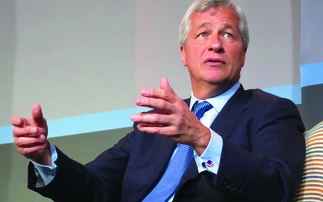Although many assumed interest in ESG would fade as the human, economic and financial impact of Covid-19 took centre stage, this has not been the case. The growing importance of environmental and social issues, many of which have been exacerbated by the pandemic, has seen investors renew their focus on this area and ESG funds have benefitted as a result. Assets in sustainable investment products are forecast to reach more than €7trn over the next five years and are set to outnumber conventional funds according to research by PwC. Overall, ESG fund assets will increase from 15% to 57% in Europe by 2025, the group predicts. The driving force behind this growth is consumers themselves.
Research conducted by Liontrust shows that 73% of consumers state sustainability is an important part of their everyday life but just 43% of these people invest sustainably. Of those who do not invest sustainably, 63% are aware of sustainable investment, showing the potential for growth. Thus, the opportunity set for advisers in this area as it enters the mainstream investment universe is significant.
Yet challenges remain for advisers, many of whom need to increase their knowledge of sustainable strategies that suit end-investor needs. This is even more important as sweeping reforms to sustainable funds are set to come into force from the EU this year. Though the landmark regulations aim to provide greater transparency for ESG funds, with fund groups required to provide more information about specific ESG risks in their portfolios, the impact on advisers is significant as well. Proposals forming a part of the EU Sustainable Finance Action plan for example will require advisers to identify their clients' sustainability ‘preferences' and recommend products on them.
To read the full article, click here to access your free and exclusive The Adviser Guide.












